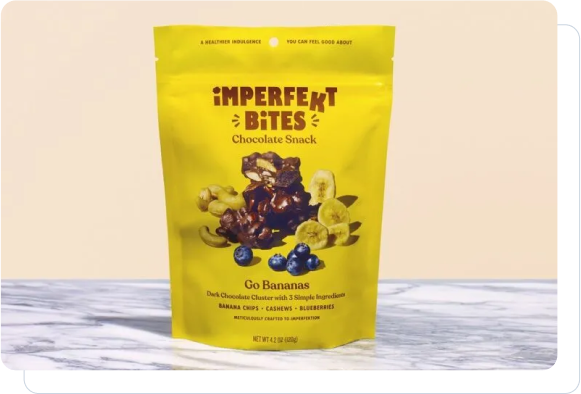Top Benefits of Flexible Packaging
The flexible packaging market worldwide reached almost $261 billion in 2024, following a rising trend with a CAGR of around 4.1% to 4.7%. That’s no coincidence. Take a walk, it’s all there from the coffee pack in the kitchen that has a hermetically sealed foil to the tearable snack bag.
If you are a shopper who visits the grocery store to buy groceries what do you immediately notice? Is it the strong cardboard box which seems to be similar to any other box in a supermarket or the colorful and light-weighted pouch? For most of us, the answer is obvious: the pouch. In its simplicity, flexible packaging is not just a fad, it is a revolution that is revolutionizing packaging as we know it and the way people shop.
Just think, your packaging not only serves the purpose of protecting your product, but also promoting brand awareness, cutting expenses and going green? That’s the beauty of flexible packaging! Notably, flexible packaging is open to all from small businesspeople to managing multinational brands, making it a game changer in the success of your product.
To explain why this multi-functional, environmentally friendly and economical flexible packaging is the future of packaging – and why your business should adopt it – here goes.
1. What is Flexible Packaging?
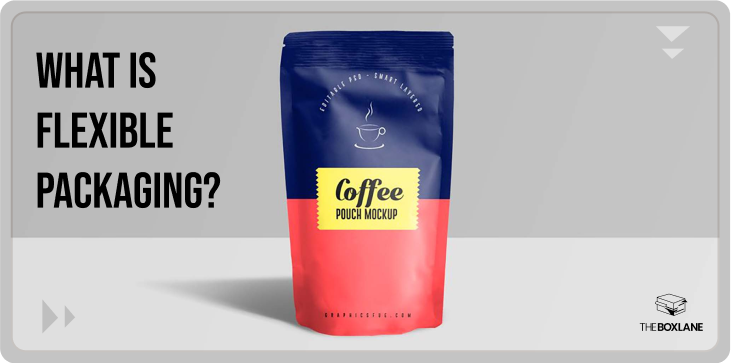
Now that we know that flexible packaging is a good thing, let’s try to define what it actually refers to. Flexible packaging means packaging materials that are bags made from film, foil and paper that are easily collapsible, sealable and formable. It is all about pouches, bags, and wraps, in other words, things that provide as much freedom as possible to the product that is inside it.
Compared to rigid packaging, flexible packaging options are lightweight and versatile for different uses in the food & beverages, cosmetics, pharmaceuticals and more. This is the reason why flexible packaging has become so popular in a variety of industries out there.
2. Sustainability: A Game-Changer for the Planet
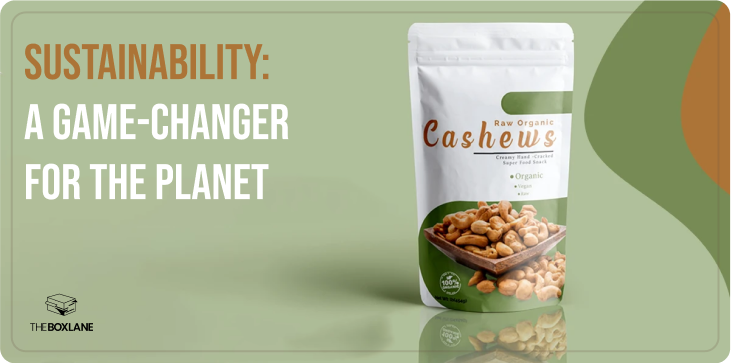
Do you know that an astounding 60% of consumers are more likely to select a brand that has sustainable packaging? Flexible packaging is now at the forefront of cutting down on its effects on the environment. Here’s why:
Less Material Usage
Flexible packaging calls for less material than the rigid packaging methods since it entails the use of flexible materials. For instance, a flexible pouch is about 75 percent less plastic than a rigid container, in its usage.
Lower Carbon Footprint
Flexible packaging is light in weight hence minimizing emissions during transportation. However, flexible packaging can even reduce fuel consumption by approximately 26% during shipment.
Recyclability and Biodegradability
Recent innovations have seen most of the flexible packaging materials to be recyclable or even biodegradable making it easy for the business to achieve its green initiatives.
If your goal is to ensure that you are in sync with today’s customers, then adopting custom flexible packaging is a good first move.
3. Cost-Effectiveness: Savings without Compromising Quality
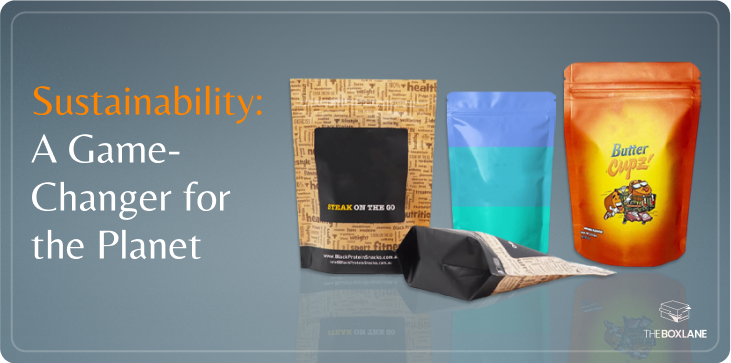
To most companies, the idea of having to manage their expenses while delivering products and services of top-notch quality is a dream. Flexible packaging makes that dream a reality.
Lower Shipping Costs
Flexible packaging is also usually lighter in weight and takes up far less space as compared to rigid packaging, and therefore also has reduced transportation costs.
Efficient Storage
Flexible packaging also occupies less space in the warehouses, and this means that you can stock more products and at the same time you cannot be forced to incur additional expenses on overheads.
Customization at Scale
Flexible packaging is cost effective and ideal for creating small pouches for single portion control or large bags for big bulk products.
According to Smithers, flexible packaging reduces the logistic cost of products by up to 30% hence it is valuable to brands that are concerned with cost.
4. Versatility: Adapting to Every Industry
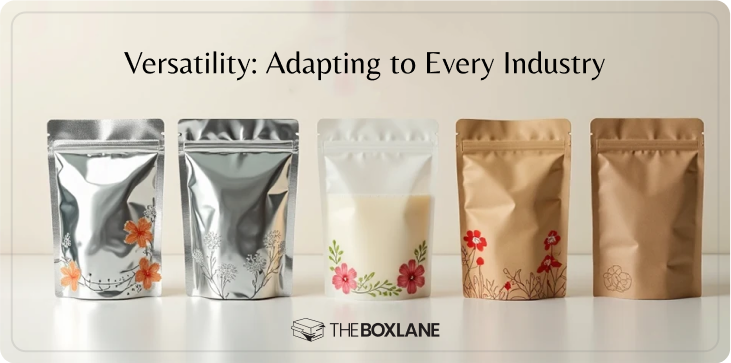
It is for this reason that being flexible is considered one of the greatest strengths of flexible packaging. There is always a flexible solution for all the needs of the people irrespective of the field they are in.
Food and Beverages
Whether it is a ziplock bag used for snacks or a vacuum pack used in holding coffee, flexible packs protect food from spoiling and from degrading.
Cosmetics and Personal Care
Sachets and tubes that are small and portable are ideal for the current generation consumers.
Pharmaceuticals
Both flexible blister packs and medical pouches provide strong and tamper-proof possibilities.
E-Commerce
Flexible packaging can therefore offer lasting, lightweight covering for products during transportation because of the safe delivery undertaking.
That is why flexible packaging is considered as one of the most suitable options for brands from all over the world, as it can effectively meet all these needs.
5. Brand Image and Consumer Attraction
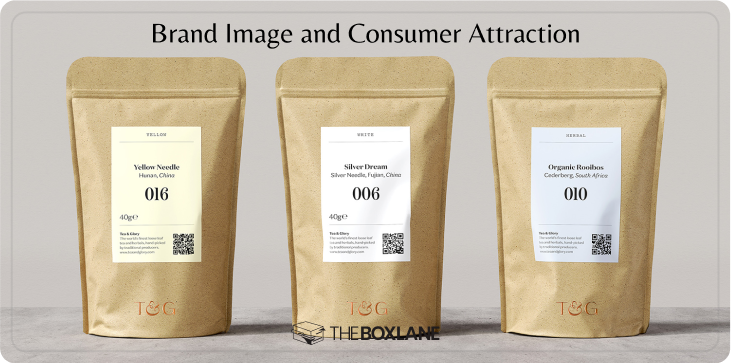
It is worth stating that packaging is an initial contact between the customer and your product. Flexible packaging is not only about the protection of the product it is also about the beautification of it.
Custom Printing Options
Modern technologies enable brand owners to print bright designs, logos, or product descriptions on the surface of the packaging.
Convenience Features
Hinged zippers, spouts, and easy-tear notches enhance the usability making the customer happy.
Attracting Eco-Conscious Consumers
Flexible packaging is ideal for sustainability-conscious customers making your brand stand out in competitive markets with sustainability features.
The 2023 consumer survey found that 72% of those asked said that packaging design plays a crucial role in their choice of product, which means that flexible packaging is as much about looks as it is about usefulness.
6. Superior Product Protection
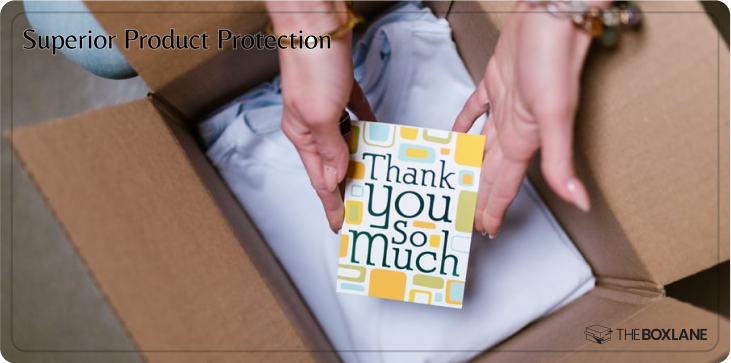
Flexible packaging is not only about looks, but also very useful in terms of product protection.
Barrier Properties
Flexible materials such as multilayer films provide a barrier against moisture light and oxygen to enhance product quality.
Tamper Evidence
Most of the flexible packaging solutions have features of tamper-evident, which increases consumer confidence.
Durability
Despite its thinness and flexibility it can effectively stand tough handling during the shipping of the products.
For instance, vacuum bags are flexible and can increase the shelf life of perishable foods by three folds than any other packaging method.
7. Consumer Convenience: Meeting Modern Needs
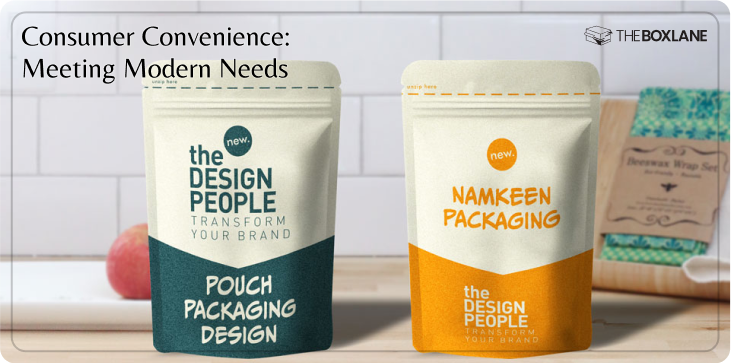
The contemporary world is that of McDonaldization, cars, houses, and so on – speed is the key to success. Flexible packaging meets this need because it has attributes that make life easier to the consumers.
Resealable Options
Consumers can reuse packaging through zippered pouches and spouts hence no compromise on the quality of products.
Portability
The three key characteristics of flexible packaging are that it is light in weight and small in size, and can be used in convenience-oriented life.
Ease of Use
Tearable seals and ergonomic designs of the product make the consumer continue to use the product hence contributing to its frequent repurchase.
The Flexible Packaging Association made a report that 83% of consumers value resealability pointing to the fact that convenience is a critical aspect when it comes to packaging.
8. Keeping Up with Trends: Why Flexible Packaging is the Future
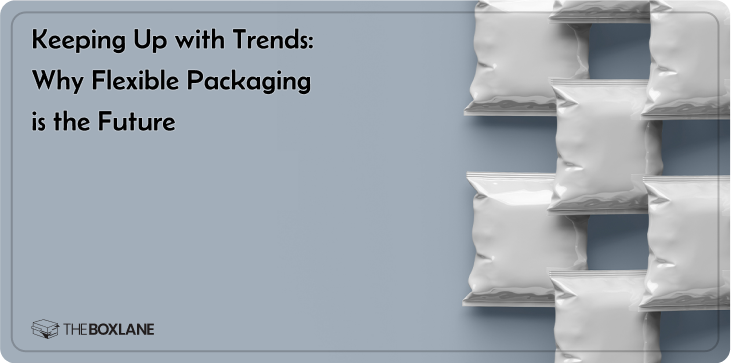
Consumers love flexibility, and flexible packaging is not just a trend, but the direction the packaging industry is taking. Key trends driving its popularity include:
Smart Packaging: Using QR codes and NFC chips for engaging the consumers.
Minimalistic Designs: Modern appearance and simplicity that is further enhanced by clean designs.
Eco-Innovation: Creation of bio-based and fully biodegradable products.
Such innovations make the flexible packaging industry to be expected to have a market worth $ 325 billion by 2030, putting it at the front to lead the packaging world.
9. Flexible Packaging vs. Rigid Packaging: A Quick Comparison
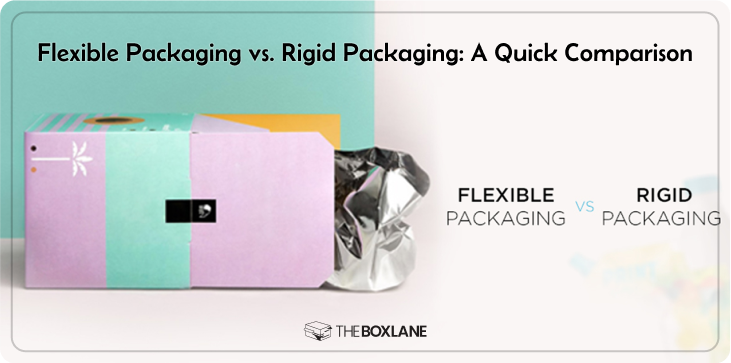
Thinking that flexible packaging is not suitable for you? Here’s how it stacks up against rigid packaging:
|
Feature |
Flexible Packaging |
Rigid Packaging |
|
Weight |
Lightweight |
Heavy |
|
Material Usage |
Minimal |
High |
|
Customization |
Highly customizable |
Limited |
|
Cost |
Cost-effective |
Expensive |
|
Environmental Impact |
Eco-friendly options available |
High carbon footprint |
|
Storage |
Space-saving |
Bulky |
For most businesses, the benefits of flexible packaging far outweigh the limitations of rigid alternatives.
Conclusion
Flexible packaging is not just an option for packaging – it is an investment that pays off in terms of your brand’s development, environmental management, and customer attraction. It is a cost-effective solution that is environmentally-friendly and the only solution for businesses that want to succeed in competitive markets.
From saving money to appealing to clients’ environmental concerns or providing the ultimate convenience, flexible packaging is the solution. What is holding you back from becoming part of the 248 billion dollar revolution?
Having years of experience, our packaging experts at The Box Lane understand your unique business requirements and provide solutions with flexible packaging that enhances your brand value. Get in touch with us now to learn how our flexible packaging solutions can revolutionize your offerings – and your business!


